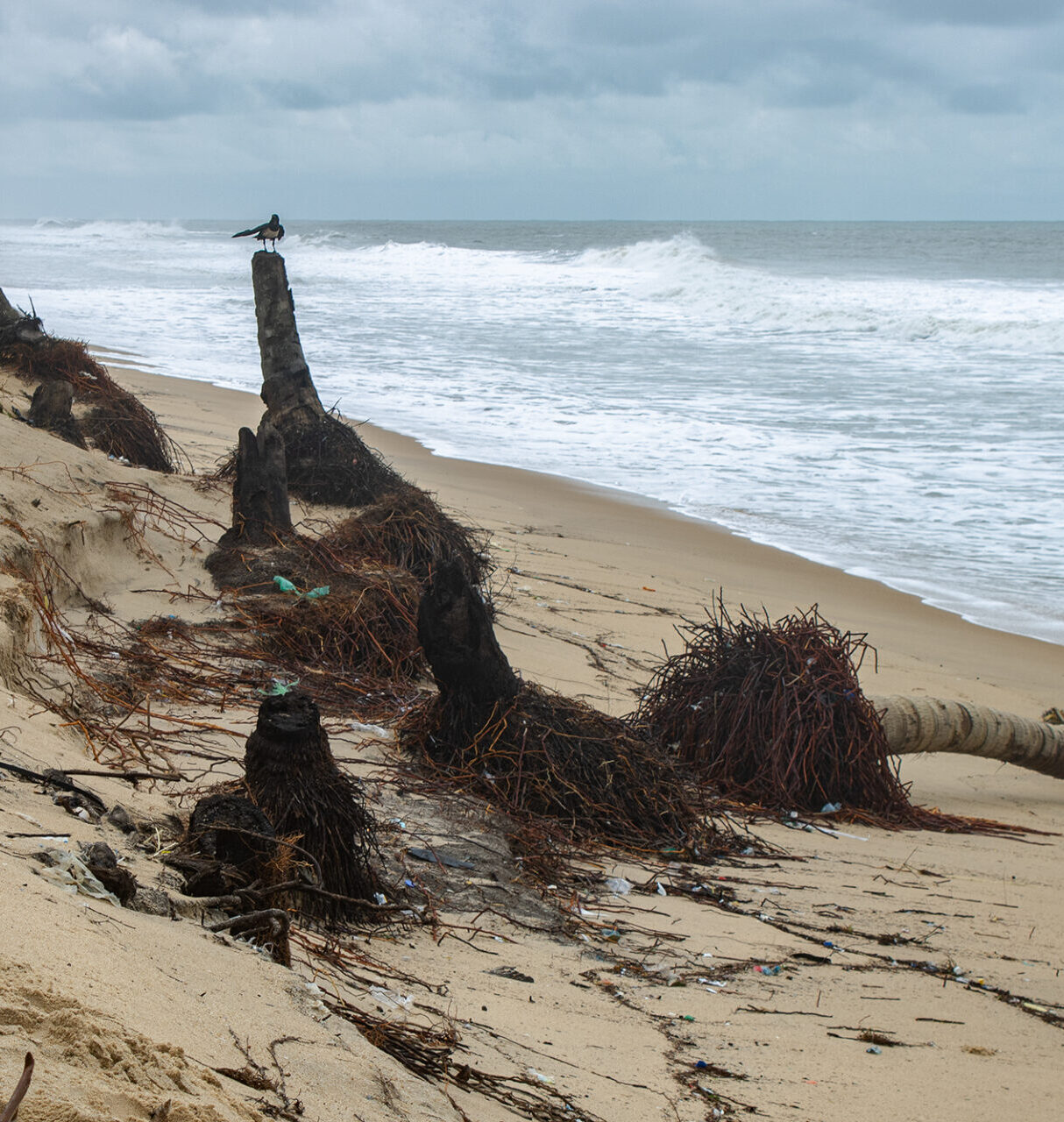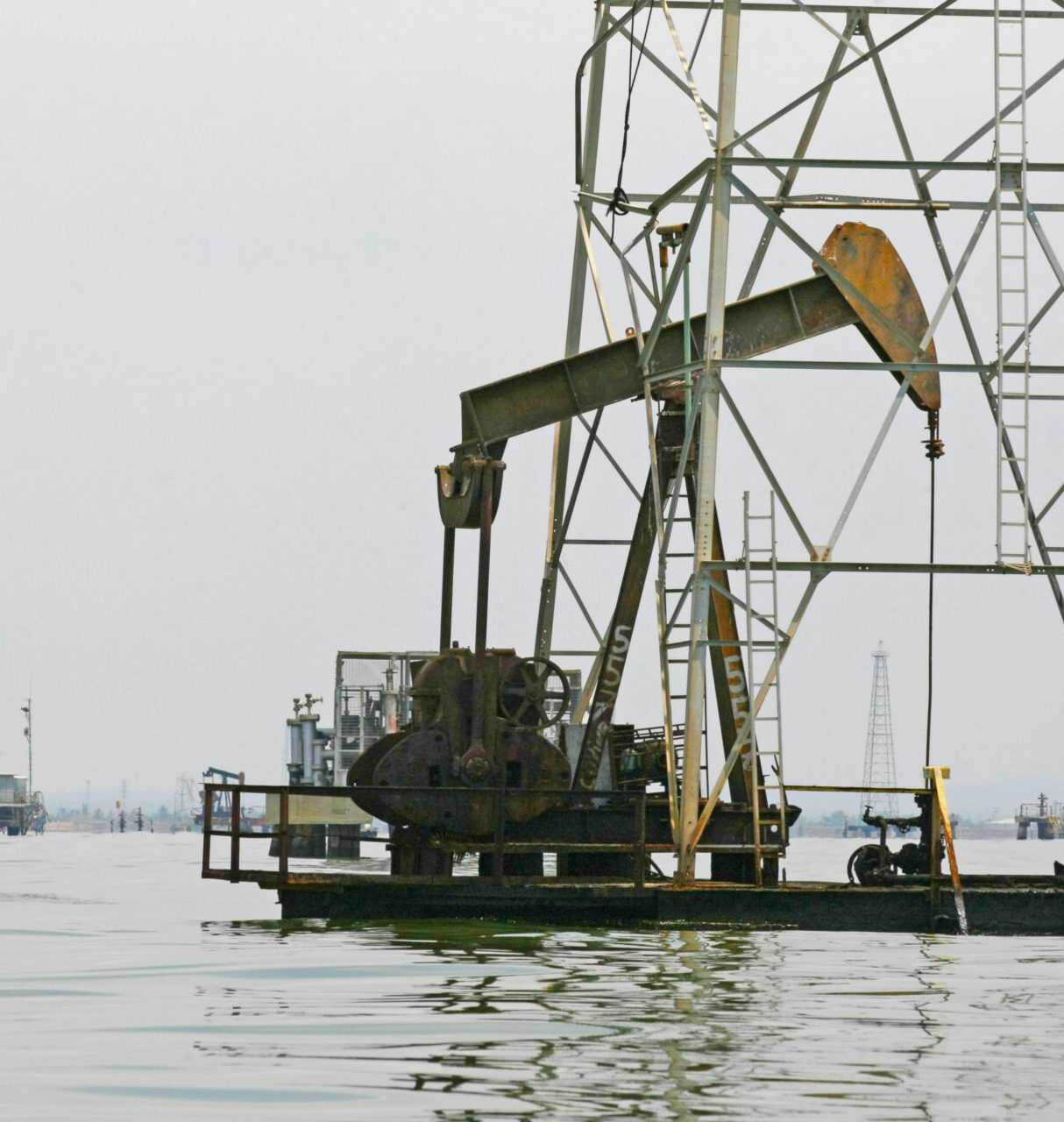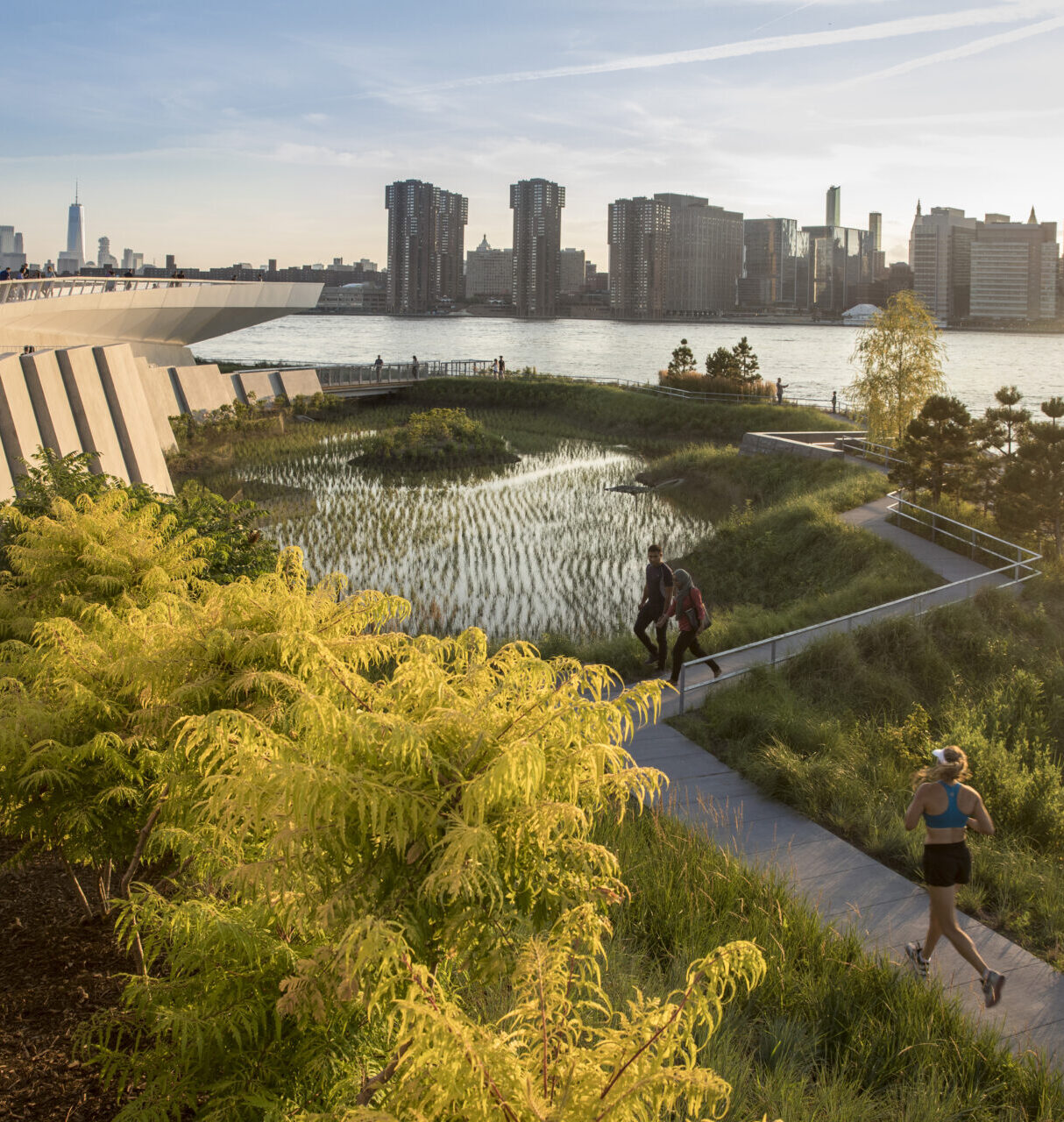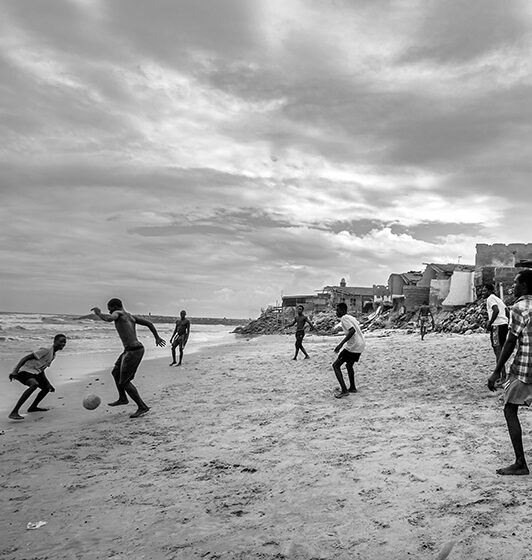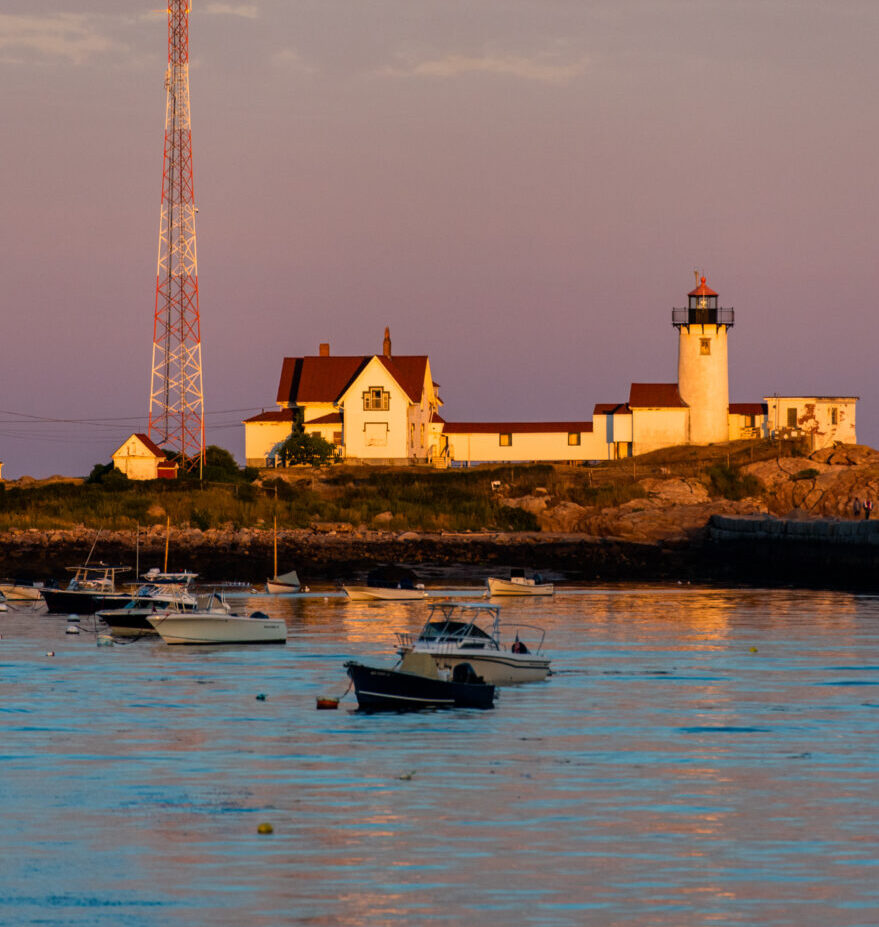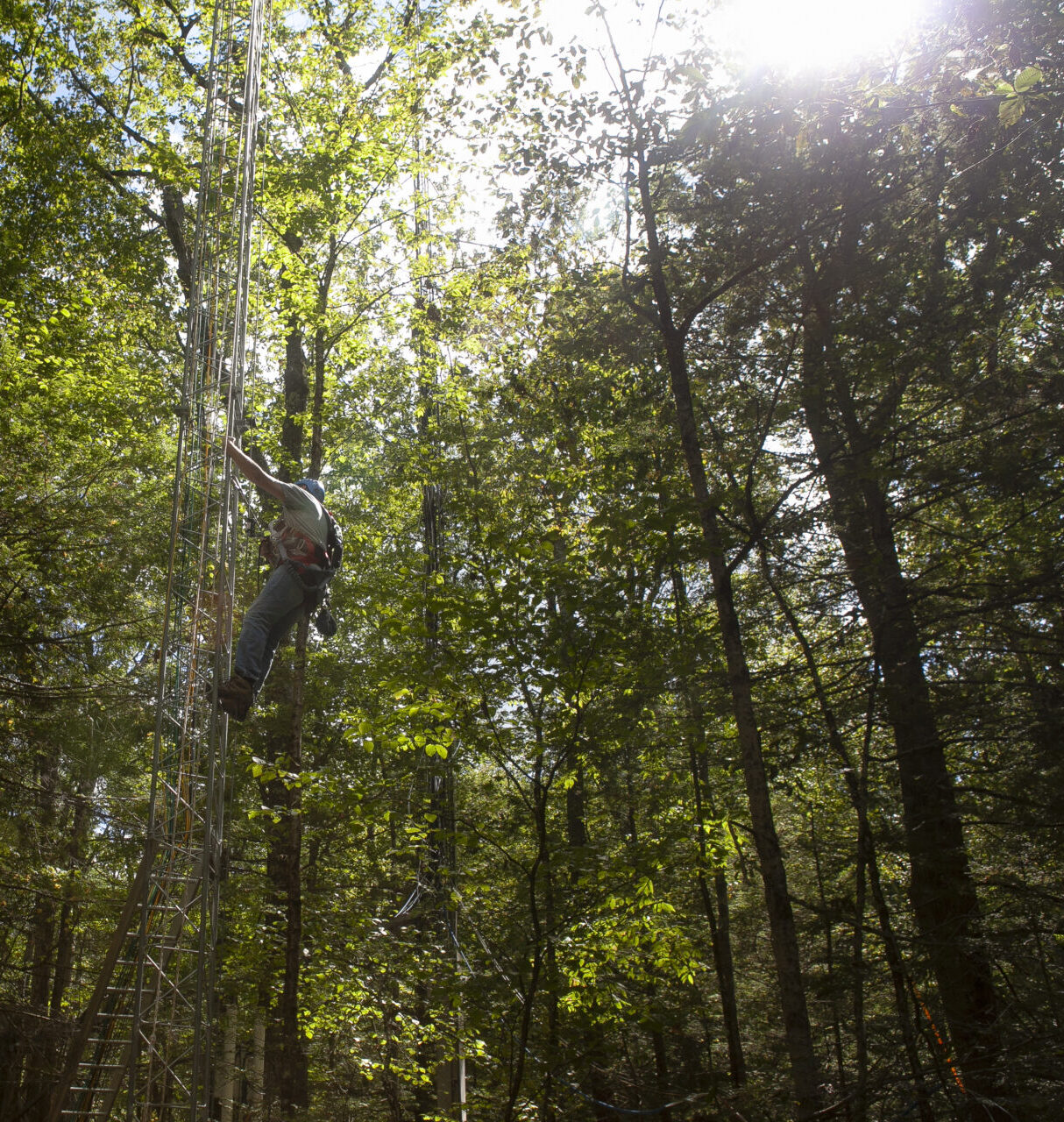SCI 6381
Power||Energy: Mapping the Thickened Ground of Labor
The seminar reckons with the immediate need to upgrade and expand the US electrical power grid system to meet the demands of growing urban communities and recognizes the obligation to engage with the climate crisis.
Tue, Sep 3, 2024

